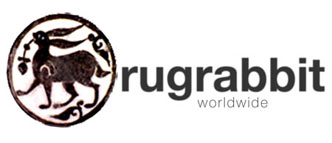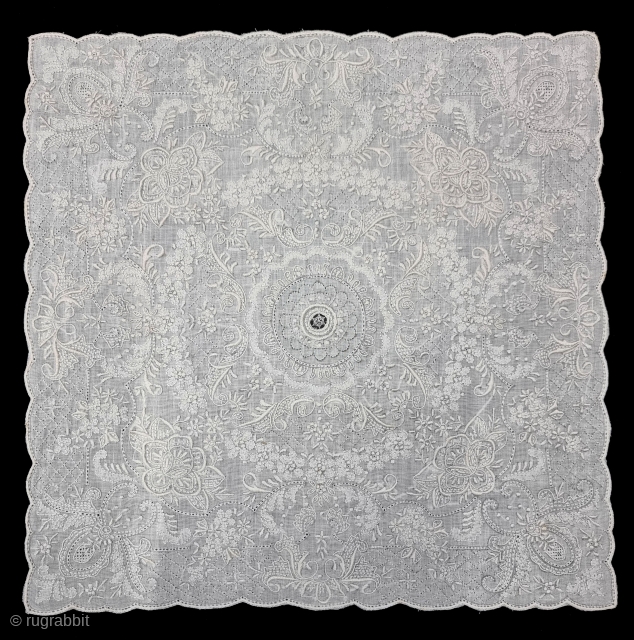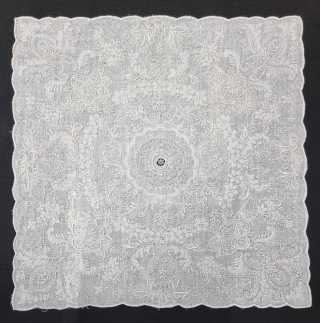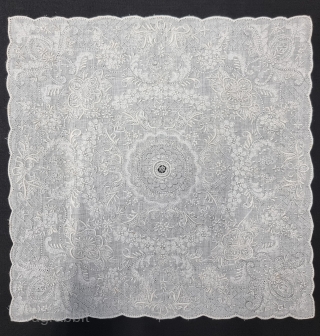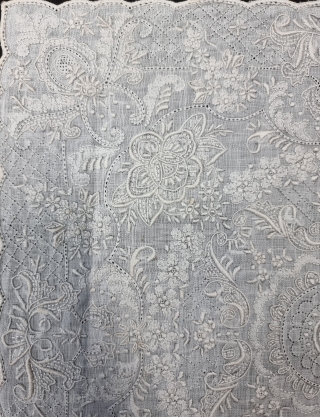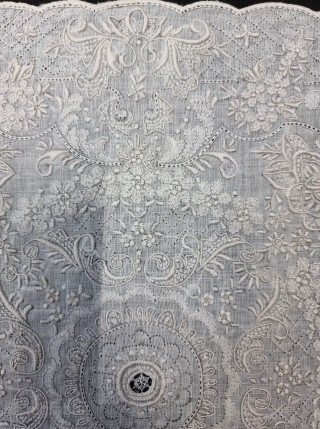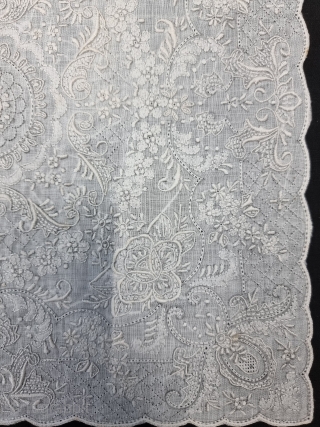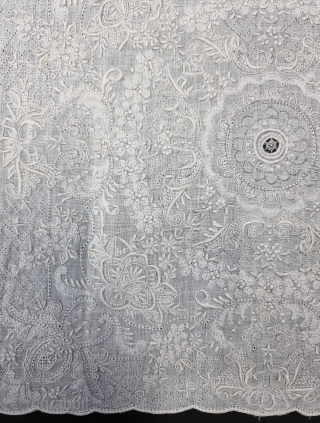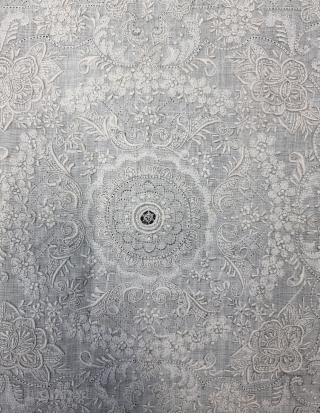Back
a Very Rare Chikankari Embroidery Rumal On the Cotton From Lucknow India.
Chikankari became popular with the Mughals and may have originated in Bengal. There are several legends describing its association with Lucknow, all charming. The most likely is derived from the white on white embroidery of Persia and traveled to India with the Persian nobles who worked at the Mughal court. Nur Jahan was the daughter of one such noble, herself an accomplished and tasteful embroiderer. It is most likely that she popularised the craft, mainly because she lived in Bengal as part of her personal history and must have become acquainted with muslin too. The name Chikankari interestingly has a Persian origin, where it means ‘needle’ as a metaphor.
C.1875-1900
Its size is 30cmX31cm (20230819_160014).
price:
Sold Out Thank You
- Home
- Antique Rugs by Region
- Category
- Profiles
- Post Items Free
- Albums
- Benaki Museum of Islamic Art
- Budapest: Ottoman Carpets
- Gulbenkian Museum
- Islamic Carpets. Brooklyn
- Islamic Textiles. Brooklyn
- Konya Museum: Rugs
- MKG, Hamburg
- MMA: Caucasian Carpets
- MMA: Mamluk Carpets
- MMA: Mughal Indian Carpets
- MMA: Ottoman Carpets
- MMA: Safavid Persian Carpets
- MMA: Turkmen Rugs
- McCoy Jones Kilims
- Ottoman textiles. Met
- Philadelphia Museum
- Rugs and Carpets: Berlin
- Seljuqs at the Met
- TIEM, Istanbul: Carpets
- V&A: Classical Carpets
- Vakiflar Carpets: Istanbul
- Baluch Rugs: Indianapolis
- Gallery Exhibitions
- Jaf an Exhibition
- Alberto Levi Gallery
- Andean Textile
- Christie's London: 2016
- Francesca Galloway
- HALI at 40
- ICOC Washington, DC 2018
- Jajims of the Shahsavan
- London Islamic Week April, 2018
- Mongolian Felts
- Navajo Rugs: JB Moore
- Persian Piled Weavings
- SF Tribal & Textile Art Show 2020
- SF Tribal 2019
- Sotheby's: C. Alexander
- Turkish Prayer Rugs
- Turkmen Main Carpets ICOC 2007
